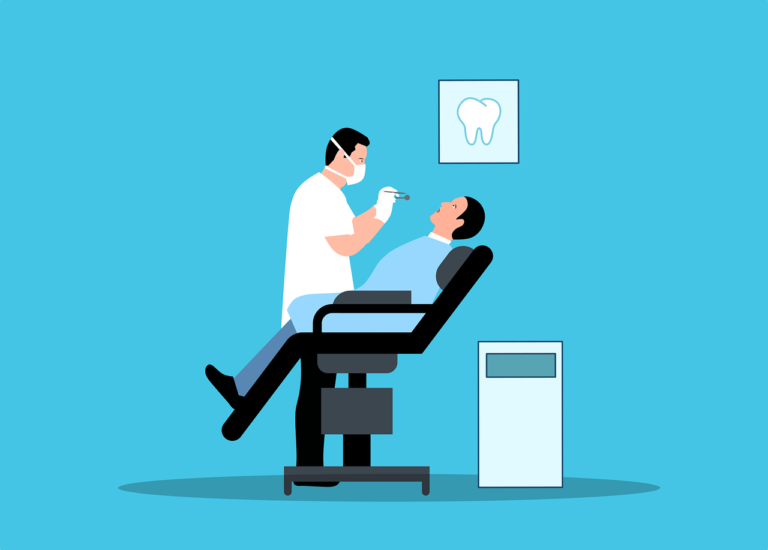Depression and Therapy: How Talking to a Professional Can Help
Many people seek effective ways to cure depression, and one of the most impactful approaches is through professional therapy. Talking to a mental health professional can provide individuals with the tools and support needed to navigate their feelings and improve their mental health. Therapy offers a safe space for expression and exploration, allowing individuals to gain insights into their thoughts and behaviors while learning strategies to manage their depression.
Understanding Depression
Depression is a complex mental health condition that can manifest in various ways, including persistent sadness, fatigue, changes in appetite, and a loss of interest in activities once enjoyed. It affects not only emotional well-being but also physical health and daily functioning. Recognizing the signs of depression is the first step toward seeking help, and therapy can be an effective treatment option.
The Role of Therapy in Treating Depression
Providing a Safe Space
One of the primary benefits of therapy is that it provides a confidential and judgment-free environment where individuals can express their thoughts and feelings openly. This safe space allows for honest discussions about experiences, fears, and challenges, which can be incredibly cathartic for someone struggling with depression.
Professional Guidance
Mental health professionals, such as therapists and counselors, are trained to understand the intricacies of depression. They can help identify the underlying causes of depressive symptoms and provide tailored strategies to address them. With their expertise, individuals can work toward developing healthier coping mechanisms and thought patterns.
Developing Coping Strategies
Therapy often involves learning practical skills to manage symptoms of depression. These can include mindfulness techniques, cognitive-behavioral strategies, and behavioral activation methods. By incorporating these strategies into daily life, individuals can better cope with their depression and improve their overall emotional resilience.
Exploring Relationships and Patterns
Depression can be influenced by various factors, including personal relationships and life circumstances. A therapist can help individuals explore these areas, identify unhealthy patterns, and work toward building healthier relationships and boundaries. Understanding how past experiences shape current feelings can be instrumental in the healing process.
Accountability and Support
Regular sessions with a therapist provide ongoing support and accountability, which can be crucial for those dealing with depression. Having someone to check in with can motivate individuals to engage in self-care, stick to treatment plans, and remain focused on their recovery journey.
When to Seek Therapy
Recognizing when to seek therapy is essential for managing depression effectively. If feelings of sadness persist for more than a few weeks, interfere with daily life, or lead to thoughts of self-harm or suicide, it’s crucial to reach out for professional help. Early intervention can lead to better outcomes and a quicker path to healing.
Conclusion
Curing depression is a journey that often requires professional support. Therapy offers invaluable benefits, providing a safe space to explore feelings, develop coping strategies, and gain insights into personal experiences. By talking to a mental health professional, individuals can equip themselves with the tools necessary to navigate their depression and work toward a brighter, healthier future. If you or someone you know is struggling, don’t hesitate to reach out for help—there is support available, and you don’t have to face it alone.






